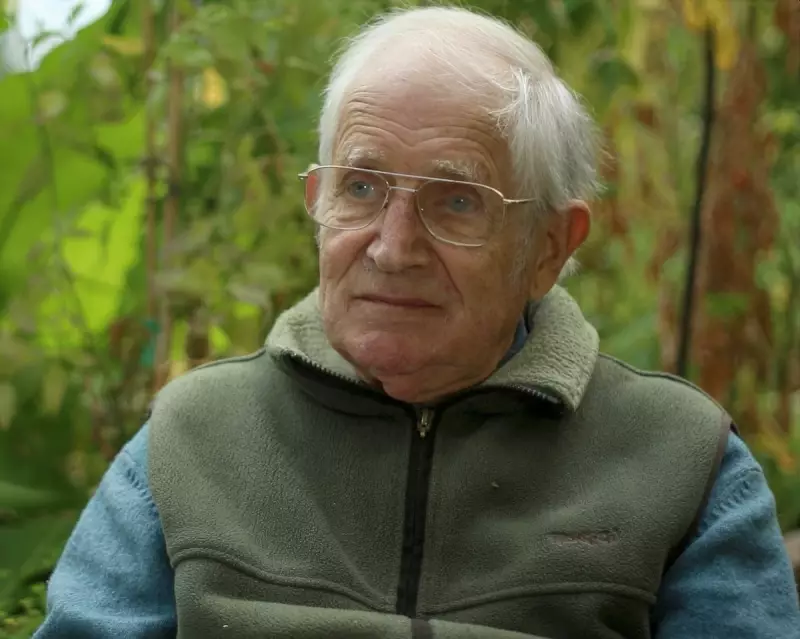
The scientific community mourns the loss of Professor Ulrich Loening, a visionary molecular biologist and environmental advocate who passed away peacefully at the age of 97. Loening's groundbreaking work at the University of Edinburgh left an indelible mark on biological research and ecological consciousness.
A Revolutionary Scientific Mind
Born in Germany in 1928, Loening's journey into science began amidst the turmoil of wartime Europe. His family's escape to Britain in 1939 marked the start of an extraordinary academic career that would span decades. Loening's most significant contribution came through his pioneering research on messenger RNA (mRNA), where he developed revolutionary electrophoretic techniques that separated RNA molecules by size—fundamental work that paved the way for modern molecular biology and today's mRNA vaccines.
Environmental Crusader
Beyond the laboratory, Loening emerged as a powerful voice for environmental responsibility. As director of the Centre for Human Ecology at Edinburgh University, he championed sustainable practices long before climate change entered mainstream discourse. His 1989 paper "The Environmental Implications of Economics" challenged conventional economic models, arguing passionately that endless growth was environmentally unsustainable.
Edinburgh's Academic Legacy
For thirty years, Loening shaped minds at the University of Edinburgh, where he served as both professor and head of the department of molecular biology. Colagues remember him as an inspiring educator who encouraged critical thinking and interdisciplinary approaches. His leadership extended to serving as president of the British Society for Social Responsibility in Science, where he advocated for ethical scientific practices.
Lasting Impact
Loening's legacy extends far beyond his scientific publications. He was instrumental in establishing the UK's first ecological housing project at the Centre for Human Ecology and continued his advocacy work well into his eighties. His wife Anne, children Christopher and Frances, and grandchildren survive him, carrying forward his commitment to making the world a more thoughtful and sustainable place.
Professor Loening's remarkable life serves as a testament to the power of scientific inquiry coupled with social conscience—a combination that continues to inspire new generations of researchers and environmentalists.





